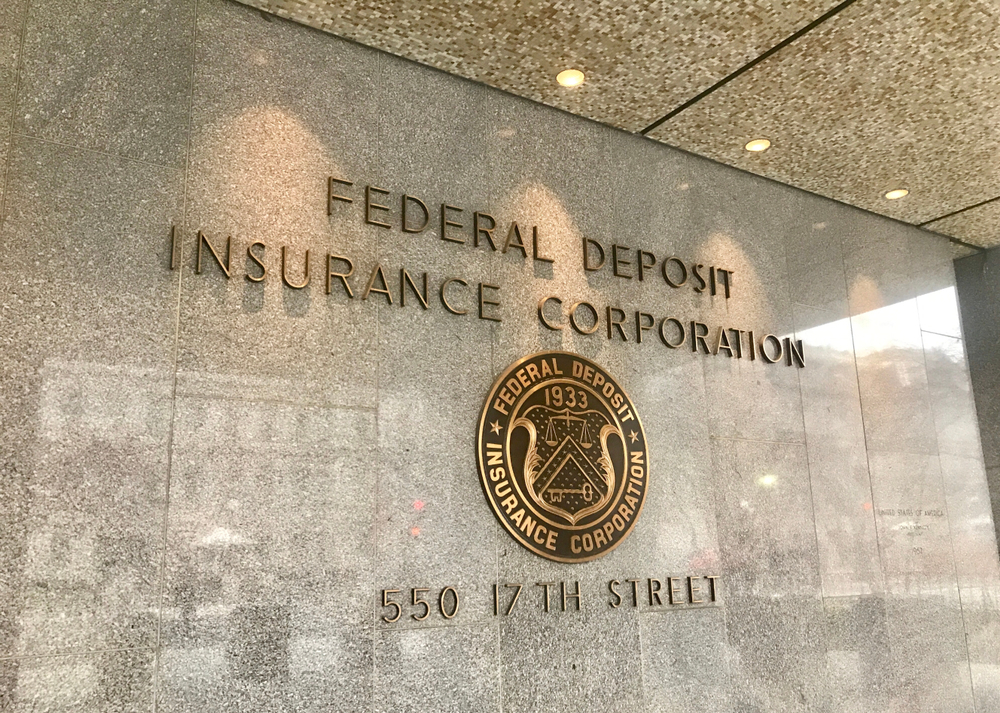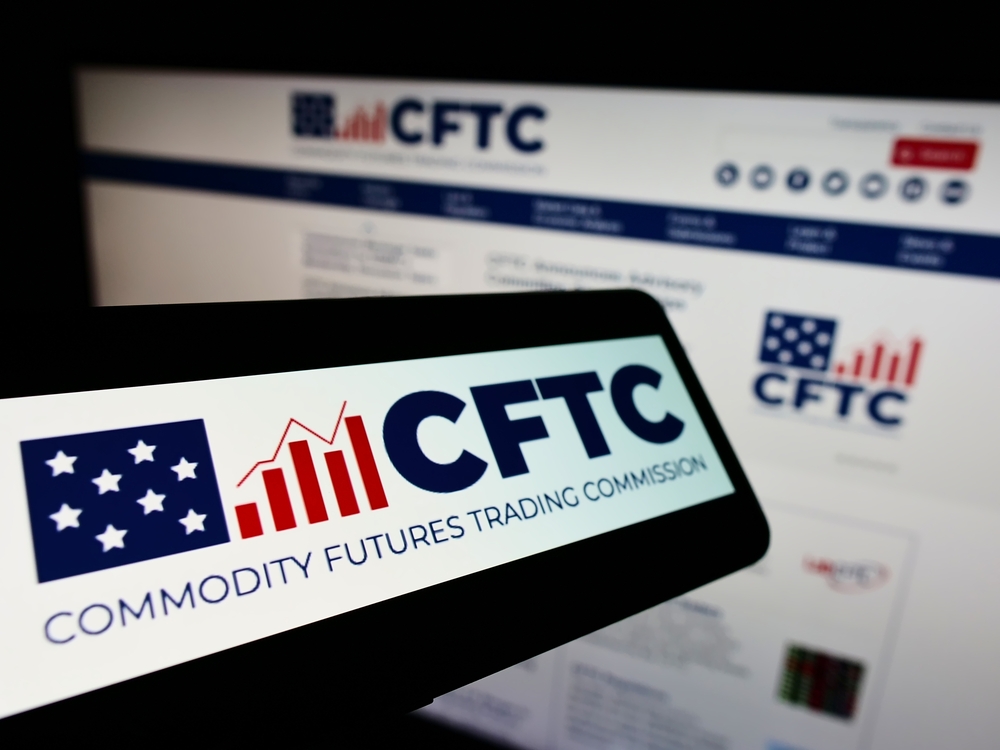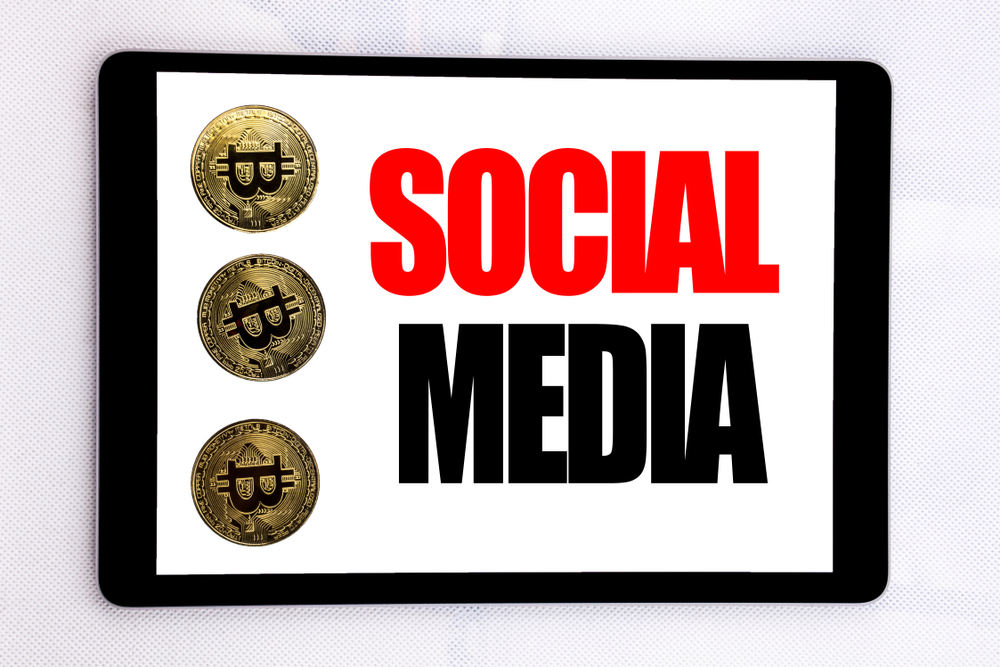Social media has profoundly impacted cryptocurrency and blockchain. A lot of the growth in cryptocurrency has come from forums and platforms that share information about cryptocurrency. Social media has spearheaded the development and popularity of the online trading of cryptocurrencies. Social discussions of digital coins drove the beginning of cryptocurrency trading. Today, large companies such as JP Morgan, PayPal, Microsoft, and Telsa accept cryptocurrency as a payment mechanism, but Bitcoin was worth less than 0.6 cents less than a decade ago.
Why Are Social Media and Cryptocurrencies Linked?
One of the reasons social media outlets and cryptocurrencies are linked is that most Americans get their news from social media outlets. According to Pew Research, approximately 67% of Americans get some information from social media outlets. The sharing of knowledge, which includes investing in cryptocurrency and spending digital coins, is available on social media platforms. Some platforms are even considering launching their own digital currencies like Facebook, which is now part of parent company Meta. As cryptocurrency popularity grows, so does its appeal on social media outlets. Forums like WallStreetBets, which is on Reddit and Facebook, provide a platform where traders can discuss the investment process and cryptocurrency trades.
Blockchain and Social Media
Decentralized social media is gathering more attention. The permanent ban of former President Donald Trump from Facebook and Twitter highlights the need for a platform that provides access to everyone. A decentralized social media protocol would allow groups to oversee their information without a centralized company or government controlling online conversations. In many cases, this process has been tested and failed. This scenario occurs because anger is a larger driver of interaction than any other emotion. When people are angry, they say things and try to convince others to join their cause. Many believe that the social media interaction on Facebook, which was not controlled, led to the January 6, 2021 insurrection in Washington, D.C.
Twitter has started a working group to explore a decentralized network called “BlueSky.” Its goals are to try to formulate the conversation around putting together a decentralized social media platform. There is a need for a technical overview and potentially artificial intelligence to make this process work.
A More Secure Social Media Platform
You may have seen plenty of your friends send messages that their social media accounts have been hacked. Whether someone could phish their password or break into their account via another route, the security around social media platforms remains nascent. Hackers and government agencies spend timeless hours trying to break into social media platforms to provide specific information that will lead to interaction. A crypto-based social media platform that uses blockchain technology could offer outlets that can allow users to maintain security and online data. Figuring out how to make information encrypted so it cannot be stolen is a goal of a secure decentralized media platform. Providing a safe social media forum is a way to get new users to come on board.
Better Payment Options
Another way that a decentralized social media platform could become more advantageous is through its commerce. Better payment options for transactions that occur on a social media platform need to be introduced. There seem only to be a handful of ways to make payments, and many go through PayPal, where you are redirected away from the social media platform and on to a payment process and then redirected back to the vendor. A crypto-based payment processor could change this methodology. A secure digital payment mechanism can give social media users a more secure and better way to make payments.
The Use of a Basic Attention Token
One way the blockchain can integrate more successfully with social media is to use a Basic Attention Token (BAT). A BAT allows users to receive the information they want through blockchain, not through the thousands of ads directed at you via your social media platform of choice. Consumers gain more control over their view habits and information and are rewarded through a BAT token. Since 25% of social media consumers use ad blockers, having a product that will allow advertisers to reach their clients is a necessary change that could be part of a decentralized social media platform.
The Bottom Line
The upshot is that there is a need for a decentralized social media platform. A blockchain-based social media forum could allow for better security and payment processing. It can help consumers online trade more efficiently. A decentralized social media platform could eliminate the issue related to entities overseeing what can be said on a social media forum. Social media and cryptocurrency are beginning to work hand in hand, and it may not be long before a decentralized process evolves.







